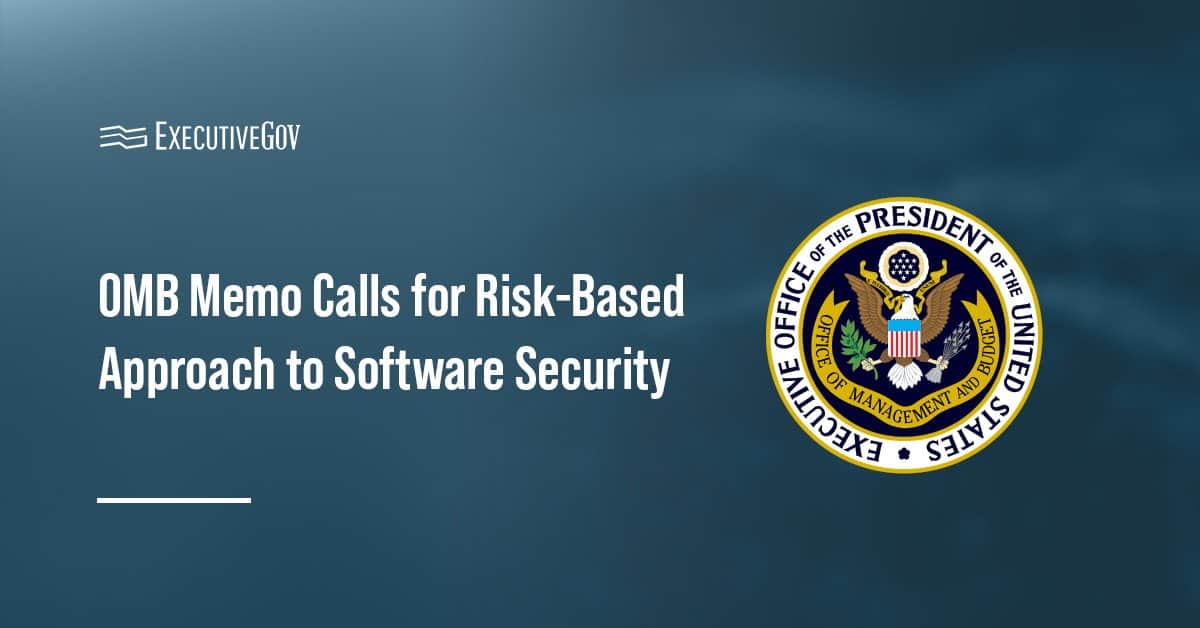The U.S. Air Force is looking to enhance its cybersecurity in response to the service branch's remote work setup by moving its mission-critical applications into a zero-trust environment, Fedscoop reported Tuesday.
USAF will establish a task force to explore the migration of applications from a defense-parameter setup to an environment that will authenticate all users equally to secure the service branch's technology infrastructure.
According to the report, the Defense Information Systems Agency (DISA) plans to launch a zero-trust reference framework in 2021 to push the Department of Defense's (DoD) agencies in updating their security networks.
The Air Force also rolled out pilot efforts to assess potential migrations to a zero-trust setup amid the COVID-19 pandemic.





